#joanne king
Photo
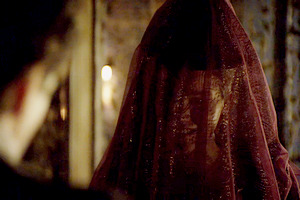
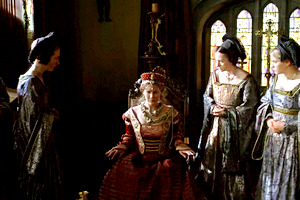

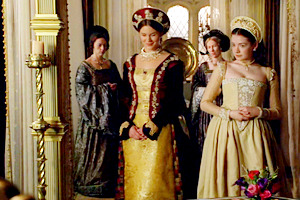

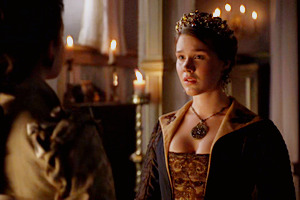
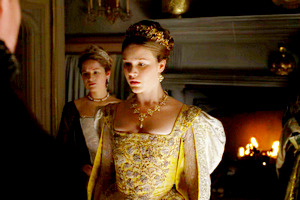
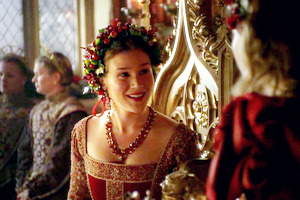
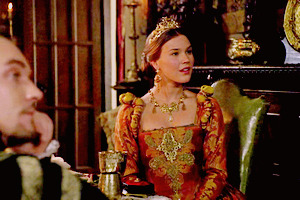

♰ The Tudors Meme ♰
Seven Characters >> 2/7: ANNE OF CLEVES
#the tudors#thetudorsedit#perioddramaedit#joss stone#sarah bolger#joanne king#Anne of Cleves#mary i#jane boleyn#my edits#the tudors meme
187 notes
·
View notes
Photo
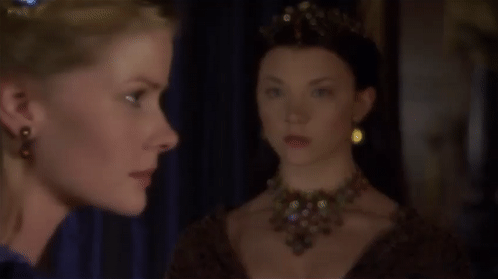



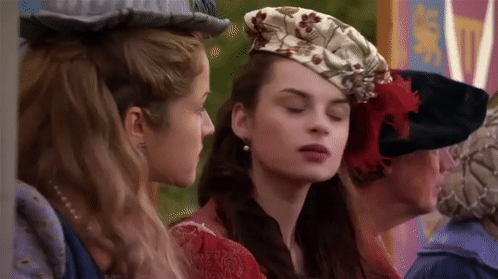
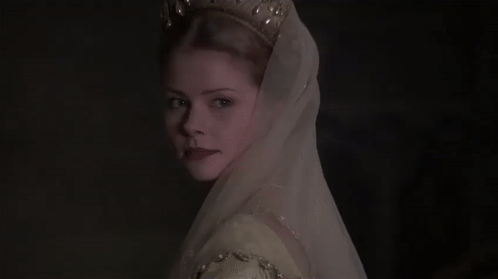
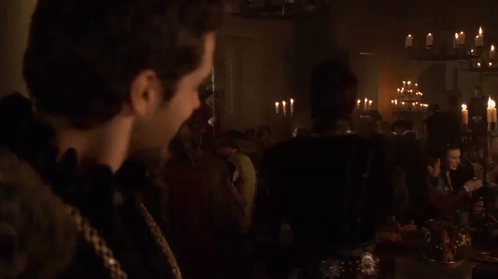
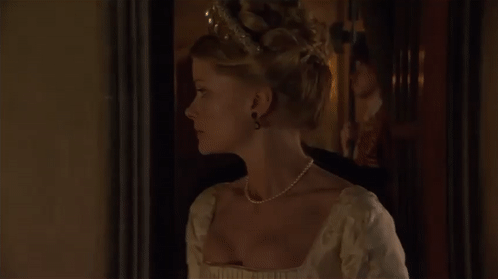

The Tudors (2008): Lady in Waiting
#the tudors#henry viii#anne boleyn#jonathan rhys meyers#natalie dormer#henry cavill#anita briem#rebekah wainwright#joanne king#film#cinematography#historical fiction#costume design#hourglass#s02e08#cieuxgris
58 notes
·
View notes
Note
Any favourite Irish headcanons for Seamus? 😊
thank you very much for the ask, anon!
and i'm sorry to say that i'm going to be really dull and - before we get into the more insincere headcanons i have for seamus - say that figuring out his role in the series depends on the answer to a really important question which neither the books nor [to my knowledge] jkr's post-series writing addresses:
is wizarding ireland a colony?
as someone who is fond of seeing the series through the lens of anglo-irish history, this preoccupies me a lot - and i think it's something very interesting to unravel...
the statute of secrecy - the law which brings about the separation of the magical and muggle worlds - was first instituted in 1689 and put fully into effect in 1692.
it's reasonably clear from the tone of the extra canonical material that these dates come from [and also from the fact that - i am told - the statute of secrecy is a fairly significant sub-theme of the fantastic beasts films] that jkr landed on these dates for the statute primarily by thinking about the history of witchcraft in early-modern america [the salem witch trials, for example, take place in 1692-1693].
[witch trials were not an exclusively american phenomenon, of course, but they had begun to fade out in early-modern europe by c.1650, which is roughly when they begin to become more widely-documented in the american colonies. it's also fair to say that the pop-culture image of witch trials, even in europe, is heavily influenced by their american manifestation - we've all seen the crucible!]
but selecting this american context to situate the statute within means that - apparently by accident - it's also a document which appears into the lives of british and irish wizards during an extremely bloody time in anglo-irish history...
a detour which has nothing to do with harry potter...
the sixteenth and seventeenth centuries were the main period of british colonial expansion in ireland - the early seventeenth century is, for example, the period of the plantation [that is, the settler colonisation] of ulster [what is now roughly northern ireland].
like many periods of anglo-irish relations, there was a major sectarian aspect to the british treatment of the irish. the plantation was driven by protestant settlers from scotland [which is not and has never been a colony!] and england into northern ireland. the protestant population expanded rapidly in the seventeenth century, political authority in the subordinate irish parliament was largely in the hands of protestant elites [especially clerics connected to the church of ireland] who enacted the policies of the british parliament and the crown, the catholic population was subject to land confiscations, restriction of worship, and an expectation of anglicisation.
and in march of 1689 - the year the statute of secrecy was first signed - this all... rather kicked off.
in november 1688 - in an event known as the glorious revolution - the king of britain [and ireland!], james ii, was forced from the throne. among the reasons for this [many of which were to do with james' absolutist views of monarchy] was the fact that james was a roman catholic, and that the birth of his son james [iii, the old pretender] in june 1688 displaced james ii's protestant daughters mary and anne in the line of succession and would result in a catholic dynasty on the throne. which was unpopular.
so james was chased off and the throne was offered to william of orange - soon to be william iii - the husband of mary [ii].
in an attempt to regain his throne, james primarily recruited support from among the catholic population of ireland [as well as scotland and france], having promised to reverse many of the more unpopular sixteenth- and seventeenth-century policies imposed upon ireland by the crown. this was intolerable both to british and irish protestants, and william iii had no choice but to land in ireland with an army.
the start of the conflict was bloody but nebulous. the tide turned in william iii - and his protestant supporters' - favour in july 1690, with the battle of the boyne, a williamite victory. the jacobite cause was in shambles, james fled the country, and his supporters were eventually made to formally surrender with the signing of the treaty of limerick in october 1691.
from 1691 to 1800, ireland was a british colonial client state [nominally an autonomous kingdom with its own parliament, in reality controlled by the crown and responsible to the king's cabinet in london] politically dominated by anglo-irish protestant families. in 1800, this "independent" legislature was abolished and ireland was absorbed into the united kingdom of britain and ireland and governed from westminster via a colonial administration in dublin, which remained dominated by anglo-irish protestants. this remained the case until the establishment of the republic of ireland in 1922. northern ireland remains a constituent nation of the united kingdom.
and now back to the wizards...
according to the harry potter lexicon [my beloved], jkr has connected the establishment of the statute of secrecy in britain to a delegation of wizards who sought protections for the magical from [a post-battle-of-the-boyne?] william iii and mary ii in 1690. when they failed to get these, the british delegation - along with the representatives from other nations who made up the international confederation of wizards - agreed to the full imposition of the statute, with the main local result of this being the creation of the ministry of magic to govern the magical citizens of britain...
and of ireland?
because something which has always stood out to me - in a way i imagine it has for literally nobody else - is that you can suggest on the basis of canon that magical ireland was never partitioned...
“[England] Went down to Transylvania, three hundred and ninety to ten,” said Charlie gloomily. “Shocking performance. And Wales lost to Uganda, and Scotland was slaughtered by Luxembourg.”
charlie is talking about the performance of the uk's constituent nations in the quidditch world cup here. we know - obviously - that ireland are the finalists and eventual champions of the competition.
northern ireland, however, is nowhere to be seen...
it could be that the northern irish quidditch team is as abysmal at international sport as its muggle equivalents and that charlie regarded it as futile to mention it. it could be that wizarding ireland is a united ireland [slay!]. but it could also be that the minister for magic is ultimately responsible - as the monarch would have been at the time the statute was signed - for the governance of the entirety of ireland, with his rule maintained within ireland itself by a client government which he appoints.
because while i don't buy the idea of a hereditary wizengamot or think that the sacred twenty-eight has any actual power other than the opportunity to influence the minister... it's striking that the name of an anglo-irish noble family appears on it [burke - although carrow is sufficiently close to the anglo-irish "carew" for us to consider it a variant, and one also finds the odd lestrange knocking about irish history...], and that jkr has written about another of the most prominent pureblood families as having been resident in ireland during the seventeenth century... the gaunts [it's why lord voldemort like relics so much...]. we also know that the london edition of the daily prophet - which functions as something close to state propaganda - circulates in ireland, because seamus' mother takes it, and that the ministry is unhappy with the tricolour flag being flown ostentatiously by ireland supporters during the world cup...
it is, then, entirely possible - should an author wish - to imagine that the imposition of the statute at such a key point in anglo-irish history means that the magical ireland of the 1990s remains subject to the british minister, and that it therefore has a very different political and cultural relationship to britain than its muggle cousin.
and i also think that this but one way of thinking more broadly about the wider imperialist vibe which is found in the books: the defence of "civilisation" and the status quo; the fact that so much "wizarding" culture is just posh british stuff; the fact that so many of the historical analogies jkr uses to mirror wizarding history relate to the troubles; the ways in which the size and insularity of the wizarding population means that the conditions which enable revolution might not be present in magical communities, etc.
and for us to think about the ways this might make wizarding history diverge from muggle in the early-modern and modern era: is there a revolution in wizarding russia, or are there still estates staffed by squib serfs? do wizards think they're travelling to istanbul or constantinople? do wizards participate in the "new imperialism" of the late nineteenth century, imposing the same colonial borders upon magical africa and asia as muggles do? what would it be like, if you were muggleborn, entering a world which is not only so culturally and politically different, but geographically different?
which brings us to...
seamus finnegan headcanons
on the basis of name alone - which, of course, doesn't mean everything - seamus appears to be one of the only students of irish extraction [that is, not just the only student who's an irish national, but the only student who's of irish heritage] at hogwarts [orla quirke - sorted in goblet of fire - is the only other one i can think of].
[although it is worth noting that many names which appear to be scottish are also common in ireland - especially in the north. professor mcgonagall has - on the information of the seven-book canon - just as much chance of being an ulster protestant as she does a scot...]
[i have decided on the basis of this that i now think cormac mclaggen is northern irish.]
irish people from all walks of life live, study, and work in britain - and vice versa. but the fact that seamus attends a boarding school with the specific cultural vibe hogwarts has - that is, an institution which is a pastiche of elite, fee-paying british schools; which directly maintains the class-based status quo which props up the wizarding state; whose graduates dominate high-level political and institutional positions; and whose student body is strikingly well-heeled - suggests that there are less famous wizarding schools in ireland, and that him being sent to hogwarts is the result of a certain anglophilia [and the desire for him to benefit in any future ministry career, in britain or ireland, from an elite british education] on behalf of his parents...
this is not to say that i think seamus is a protestant - although i genuinely think that the muggle dad witch mam thing is meant to be a joke suggesting he comes from a mixed marriage [still reasonably scandalous here even in 2024!] - but that he comes from a reasonably posh, anglophile, unionist catholic background, as did many real anglo-irish civil servants educated at the sort of institutions - especially oxford and cambridge - hogwarts shares a cultural vibe with.
but who gives a shit about class and religion! the more important things to know about seamus:
his go-to chip shop order is - as it should be - a spice bag.
he has - in his life - drunk the odd bottle of football special.
his over-the-top loathing of "pretty-boy diggory" in goblet of fire is an absolutely iconic deflection tactic from the fact he's gay - and deamus is canon.
indeed, he loves dean so much that he has willingly cheered for the england national football team [although he threatened to obliviate anybody dean told about this]. dean, for his part, has got really into hurling.
the closest they come to divorce is when dean won't stop singing galway girl by ed sheeran at him.
one @whinlatter has convinced me of: this is their son.
his confirmation name is florian - the patron saint of protection against fire.
him getting beaten to a pulp by the carrows - and then explaining in great detail how the room of requirement works to harry - is iconic, and is a really under-appreciated aspect of character growth from his doubt over harry in order of the phoenix.
the derry girl he identifies most strongly with is james - although he tells everyone it's michelle.
he met edele lynch from b*witched once and lost his mind.
he owns a flat cap.
him publicly beefing with his mam in the immediate run-up to dumbledore's funeral is one of the most specifically irish things he ever does and i can't explain why.
him giving harry an "appreciative smirk" after he drops the iconic "there's no need to call me sir, professor" line is the second most irish thing he does. i, once again, cannot explain why. [him winking at harry after he answers snape back in their very first potions lesson also sends me.]
he is the voice behind this iconic video... and, let's be real, his slight capacity for self-aggrandisement and sulking does make him a plausible cork man.
he visits his granny every sunday for endless cups of tea and re-runs of ballykissangel.
he has never read a single piece of writing by sally rooney - but he lies and says he has.
he did this to harry on his first day in the ministry:
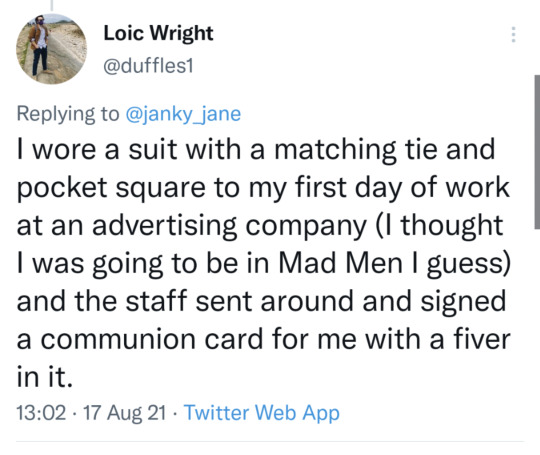
his wand is made of dogwood - which suits the flamboyant and loud.
he's shown in canon to quite like a bit of gossip - him being gassed up by quirrell's claim that he fought a zombie and then gutted when quirrell refuses to actually tell the story always sends me - and i like the idea of him being amazing value in a pub.
he's an only child - but he has at least thirty cousins. and his cousin fergus genuinely never did have another peaceful moment after seamus learned to apparate.
he and lavender went to the yule ball together because both dean and parvati are stupid and didn't see what was right in front of their faces. they split a bottle of archers behind a rose bush and complained about men and it was the best night of their lives.
he goes as red as a lobster the second the sun's out.
he runs the shit london guinness twitter account.
his boggart is a banshee because his dad - who is literally only mentioned once in philosopher's stone - dies over the summer before his second year [banshees - in irish folklore - herald the deaths of family members with their weeping]. however - unlike harry - you don't hear him fucking banging on about this all the time...
and he can't speak a word of irish, but none of the posh english lads he knows are going to risk calling him out on that...
#asks answered#asenora meta#seamus finnigan#northern ireland posting#republic of ireland posting#the fact that she didn't think *once* about the fact the ministry of magic is technically established by king billy...#joanne come on noyyyyy#dumbledore was in the apprentice boys i fear#that's why fawkes is orange#literally just checked the lexicon to see if anything significant happened on the twelfth...
48 notes
·
View notes
Text
Group E Round 1
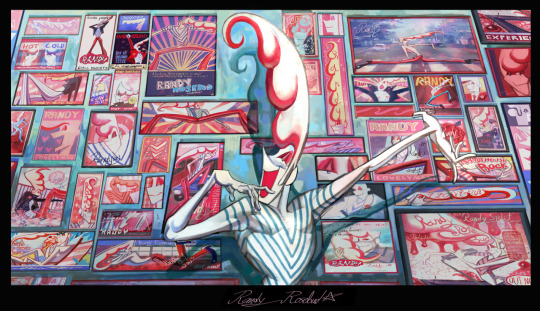
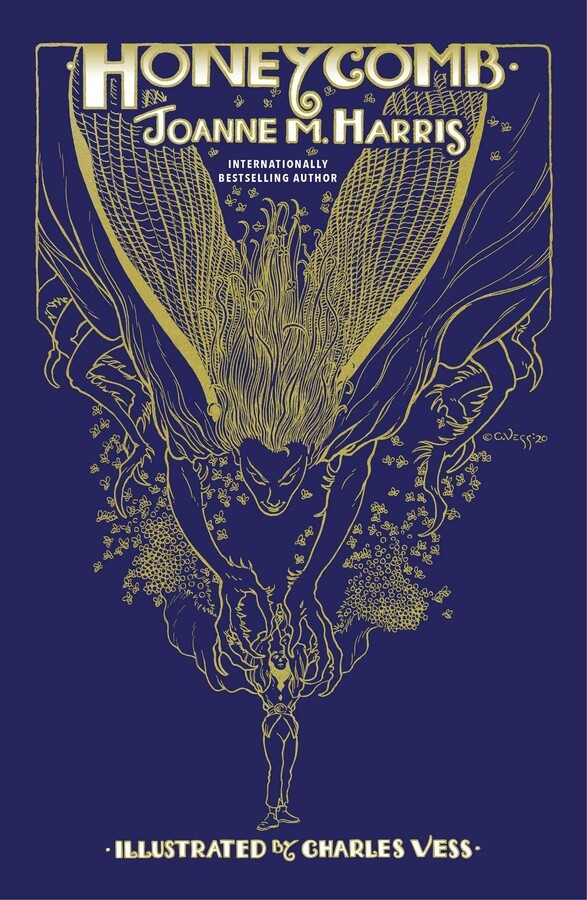
[image ID: the first image is of Randy Rosebud, a humanoid character with tall, pale pink hair, and a pointed nose and chin, making his head resemble a crescent moon. his skin is pale and shaded in blues. his shirt is blue and white striped. behind him are images of himself. the second image is of the book cover for Honeycomb by Joanne M. Harris. the cover is blue, and all of the art is outlined in gold. it depicts a being with lacy wings, many insect legs, but a human-like face and hands, reaching down to a more human-looking figure, who appears to be holding something up in the air. bees are swarming around the creature, appearing as if they come from him. end ID]
Randy Rosebud
In the video game Maggie's Apartment, Randy Rosebud is a pop star, cultural icon, and sex symbol whose character explores the weight of parasocial relationships, the commodification/objectification of people for the sake of entertainment and substitution for genuine human connection. His songs are good and in one of them he talks about pissing his bed
The Lacewing King
He's one of the fae, the son of mother nature, who grows up to be a horrible, tricky bastard. He's spoiled, arrogant, and cruel at the start of the novel but after undergoing many trials and tribulations he grows to be more personable. He is not a hero, but rather a force of nature. The book is made up of many short stories which piece together into one larger story which for the most part follows TLWKs journey.
To quote the author, "A;...The Silken Folk, who are shapeshifters, but can also appear as humans, is part of that: and it ties in with one of my favourite themes, which is that of perception. We look at the Silken Folk as we look at so many of the things that frighten or disturb us; sometimes from the tail of the eye; or some cases, not at all."
At the end of the novel, TLWK trades his title of king for the title of Death and resides over the afterlife. There's this nostalgic sense of longing. Highly recommend the book if you're interested in modern, rather dark fairy tales.
#obscurecharactershowdown#group e round 1#obscure poll#randy rosebud#maggie's apartment#the lacewing king#honeycomb book#joanne m harris
22 notes
·
View notes
Text
youtube
LEGO Disney Princess: The Castle Quest | Official Trailer | Disney+
The Disney Princesses are back! Well, five of them at least. Rapunzel, Moana, Ariel, Tiana, and Snow White team up to battle Gaston as he wrests the trident of King Triton in his bid for conquest.
From a fan's Twitter post:
Returning voices: Jodi Benson as Ariel, Auli'i Cravalho as Moana, Mandy Moore as Rapunzel, Anika Noni Rose as Tiana, Richard White as Gaston, Joanne Worley as Wardrobe. New voices: Katie Von Till as Snow White. Corey Burton as Magic Mirror. Jim Cummings as King Triton (he did voiced [sic] Triton in the sequels)
Coming to Disney+ on August 18.
#Lego#Disney#Disney Princess#LEGO Disney Princess: The Castle Quest#Rapunzel#Moana#Tiana#Ariel#Snow White#Gaston#King Triton#Magic Mirror#Mandy Moore#Auli'i Cravalho#Jodi Benson#Anika Noni Rose#Katie Von Till#Richard White#Joanne Worley#Corey Burton#Jim Cummings#Disney+#Disney Plus#Youtube
14 notes
·
View notes
Text


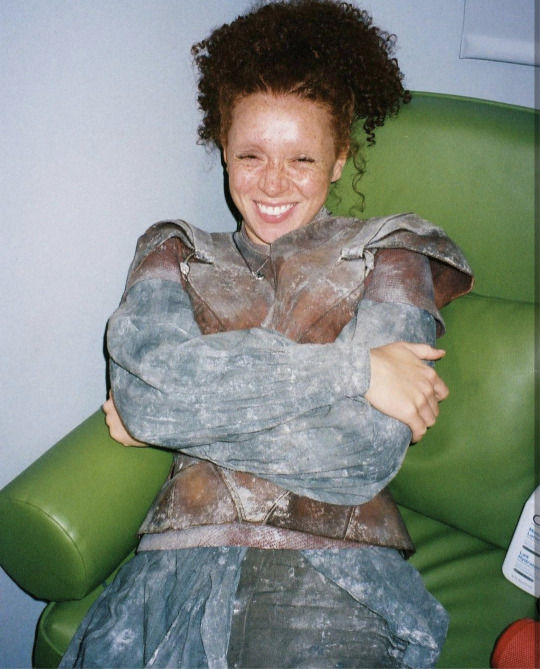
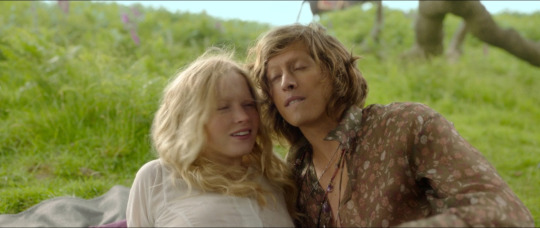
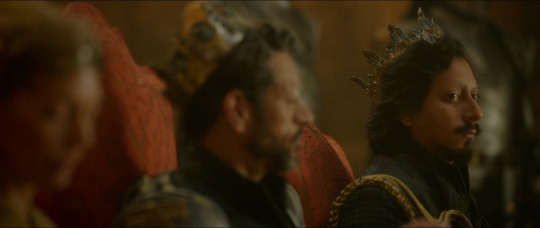
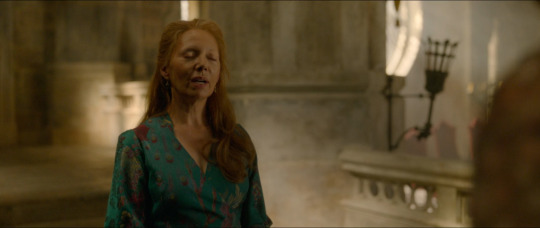


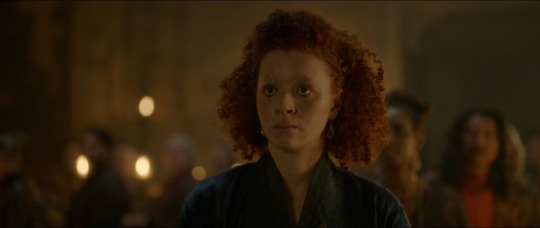
For the anon that wanted to see Willow Eyebrowless
#Willow#Kit Tanthalos#Airk Tanthalos#Jade Claymore#Elora Danan#Willow Ufgood#Graydon Hastur#Zivian Hastur#King Hastur#Sorsha Tanthalos#Queen Sorsha#Ruby Cruz#Dempsey Bryk#Erin Kellyman#Ellie Bamber#Warwick Davis#Tony Revolori#Derek Horsham#Joanne Whalley
37 notes
·
View notes
Text

#tfota#the spiderwick chronicles#labyrinth#brian froud#Wendy froud#honeycomb#joanne m harris#holly black#faerycore#faeries#faerie#fae folk#fairytales#the cruel prince#the wicked king#the queen of nothing
93 notes
·
View notes
Photo
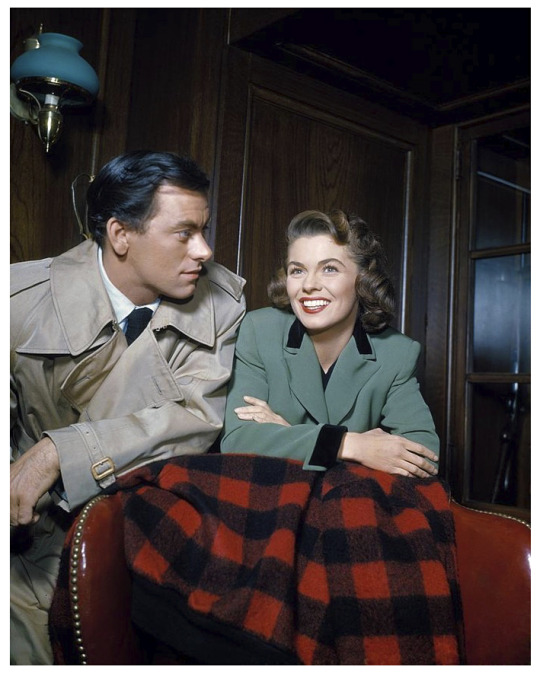
John Ireland and Joanne Dru on the set of All the King’s Men (1949) directed by Robert Rossen.
[X]
#all the king's men#robert rossen#john ireland#joanne dru#film noir#bts#costume design#real-life & on-screen couple#unmarried durring filming but to be wed in the future#here it is#my sister and i were talking about john's hair colour#it's blueish black#own post
38 notes
·
View notes
Photo
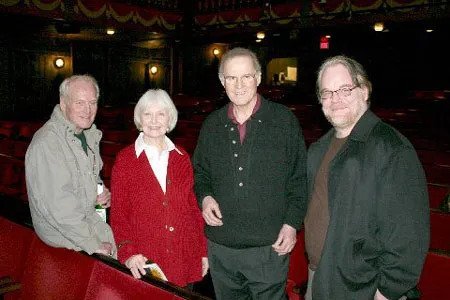


I met [Paul Newman] when we were doing Nobody’s Fool in 1994. I was in my twenties and he was maybe 70. He took me out to dinner and challenged me to a game of Ping-Pong. He beat me three times in a row. I remember him wanting to beat me — he was so competitive and it was so much fun and, right there, I felt like I belonged. That never stopped, till now.
He’s one of the only people who showed up to everything. Every show I directed, everything I acted in. Even some small theater with 60 people, some event for a theater that needed help. He and Joanne were just part of this amazing extended theatrical family. I still think that I want to grow up and be like him. That’s corny — no, it’s true. It’s not corny, because it’s him. You want to grow up and be like him, to take his example and learn from it. He was so giving with art and life, and he connected the two, creating something that nobody does or has done.
-Phil’s contribution to a New York Magazine piece on Paul Newman, published shortly after Paul’s death in 2008
#happy birthday paul you king <3#I hate posting low quality AND watermarked photos but they're literally the only pictures of them together 😭#(except for paul knocking phil's lights out in nobody's fool)#philip seymour hoffman#psh#*#paul newman#joanne woodward#nobody's fool
16 notes
·
View notes
Text
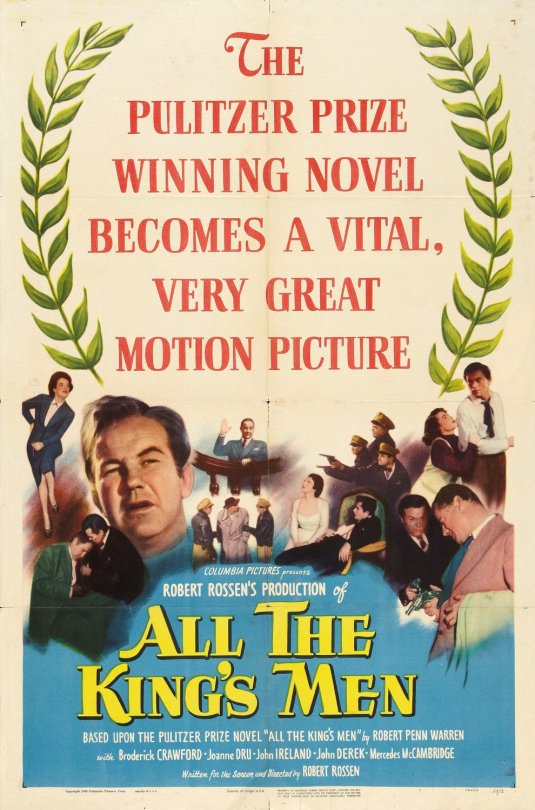
#All the King's Men#Broderick Crawford#John Ireland#Mercedes McCambridge#Joanne Dru#John Derek#Shepperd Strudwick#Robert Rossen#1949
2 notes
·
View notes
Photo

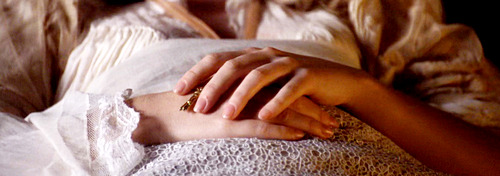


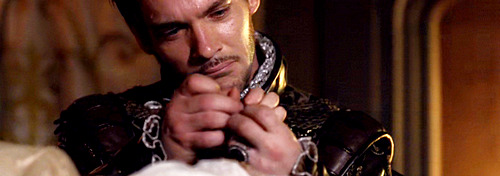

♰ The Tudors Meme ♰
Four Deaths >> 3/4 : JANE SEYMOUR’S DEATH BY PUERPERAL FEVER
#the tudors#thetudorsedit#perioddramaedit#annabelle wallis#jonathan rhys meyers#simon ward#joanne king#Charlotte Salt#sarah bolger#Max Brown#jane seymour#henry viii#jane boleyn#ursula misseldon#mary i#Edward Seymour#the tudors meme#my edits
79 notes
·
View notes
Photo
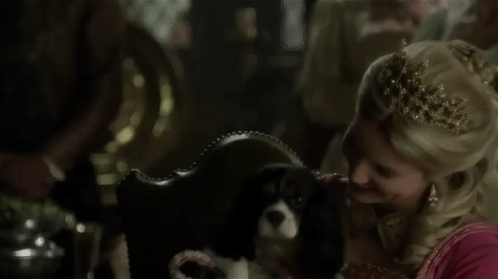
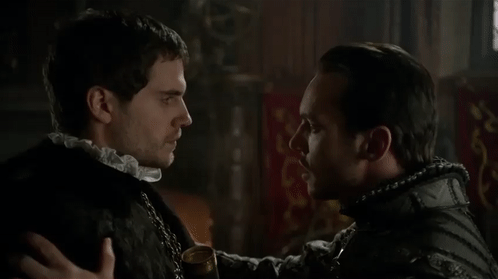
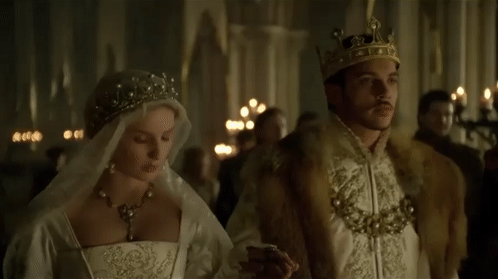

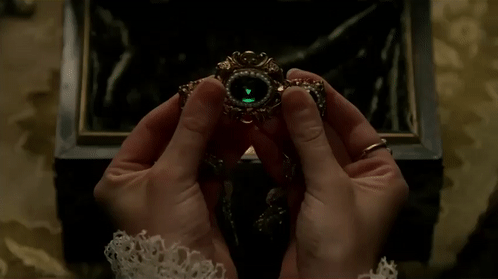
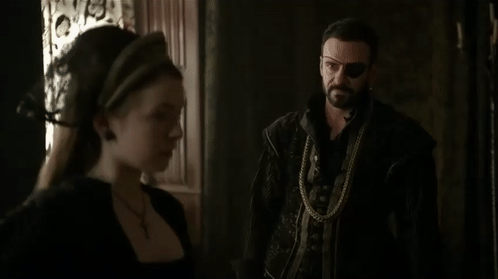
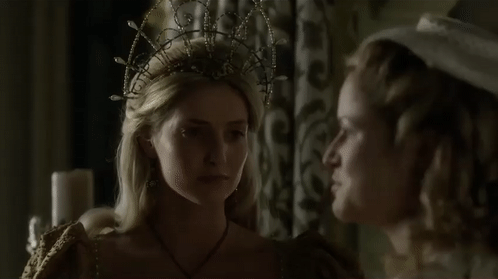
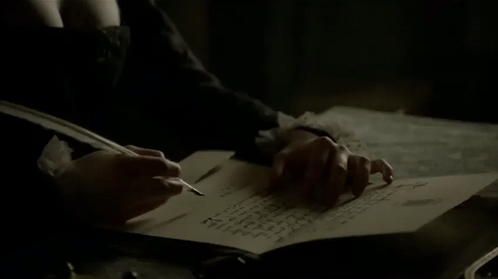
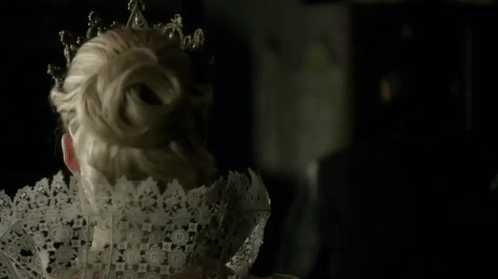
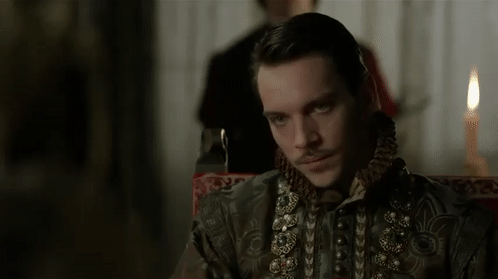
The Tudors (2009): Civil Unrest
#the tudors#henry viii#jane seymour#jonathan rhys meyers#henry cavill#annabelle wallis#sarah bolger#joanne king#alan van sprang#film#cinematography#historical fiction#drama#romance#writing#dog#s03e01#cieuxgris
51 notes
·
View notes
Photo

I hope everyone enjoys this as much as I do.
#pufferfish rags to riches#ts4 gameplay#ts4#the sims 4#ts4 edit#simblr#s4mm#maxis match#victor normulgoi#joann caldwell#voann#king of loving his wife a not-normal amount#was going to make another one that is the overlapping meme text that hides a pegging joke#sorry i didnt
21 notes
·
View notes
Text
not to be optimistic on main but I'm pretty confident the new harry potter tv show will never finish adapting the entire series. it's gonna crash and burn, I can sense this with my feelers.
#harry potter tv show#i always knew there was going to be a new harry potter adaptation eventually#but before joanne revealed herself so outright that i was still blinding myself to the problems in the actual books#i always envisioned it would come much much later#ans that i would watch it with my grandkids#not fucking ten years after the movies ended#and I'm sure if i told my past self about this adaptation she'd be excited and surprised at how unexcited my current self is about this#it's honestly a final pathetic ploy at relevancy from joanne and anyone else who supports her#harry potter was a magical part of people's lives#i remember a quote from stephen king where he said ''harry will be remembered along the likes of dorothy and frodo'#and for a long time i thought he was right#i thought hp would become a childrens literary classic and be remembered for generations to come#i no longer think this#i think that it will die a slow death and eventually no one is going to remember it#and i hope I'm right
5 notes
·
View notes
Video
youtube
Restraint (2008) - Trailer
-watched 3/8/2023- 3 [1/4] stars- on Netflixdvd
#youtube#my have seen list#Restraint#2008#film#david denneen#thriller/psychological thriller#teresa palmer#travis fimmel#stephen moyer#margie mccrae#alyssa mcclelland#phillip holder#nate jones#joanne hunt#taylor owynns#rachel king#patrick ward#Netflixdvd
5 notes
·
View notes
Photo


Q: I've heard theories that Jane 'faked' mental illness while imprisoned in the Tower of London, perhaps in the hopes that she would escape execution. What are your thoughts on this?
A: If I’m being honest, I pretty much immediately shut down when I hear theories like this. For anyone who has struggled with mental illness, those sorts of comments feel very dismissive and callous. Her responses to the interrogation she was subjected to in 1541 leaves no doubt in my mind that she was suffering. Looking back on her life – knowing this – I can see that there is a possibility she struggled with her mental health even in her early days. There is certainly a family history of it. Her grandfather suffered with bouts of madness. I don’t for one moment believe that any of it was faked.
#adrienne dillard#sliding doors moment when anna brewster was jane boleyn in the tudors#except i don't really want that storyline for her and i feel bad for joanne king too so not really
3 notes
·
View notes